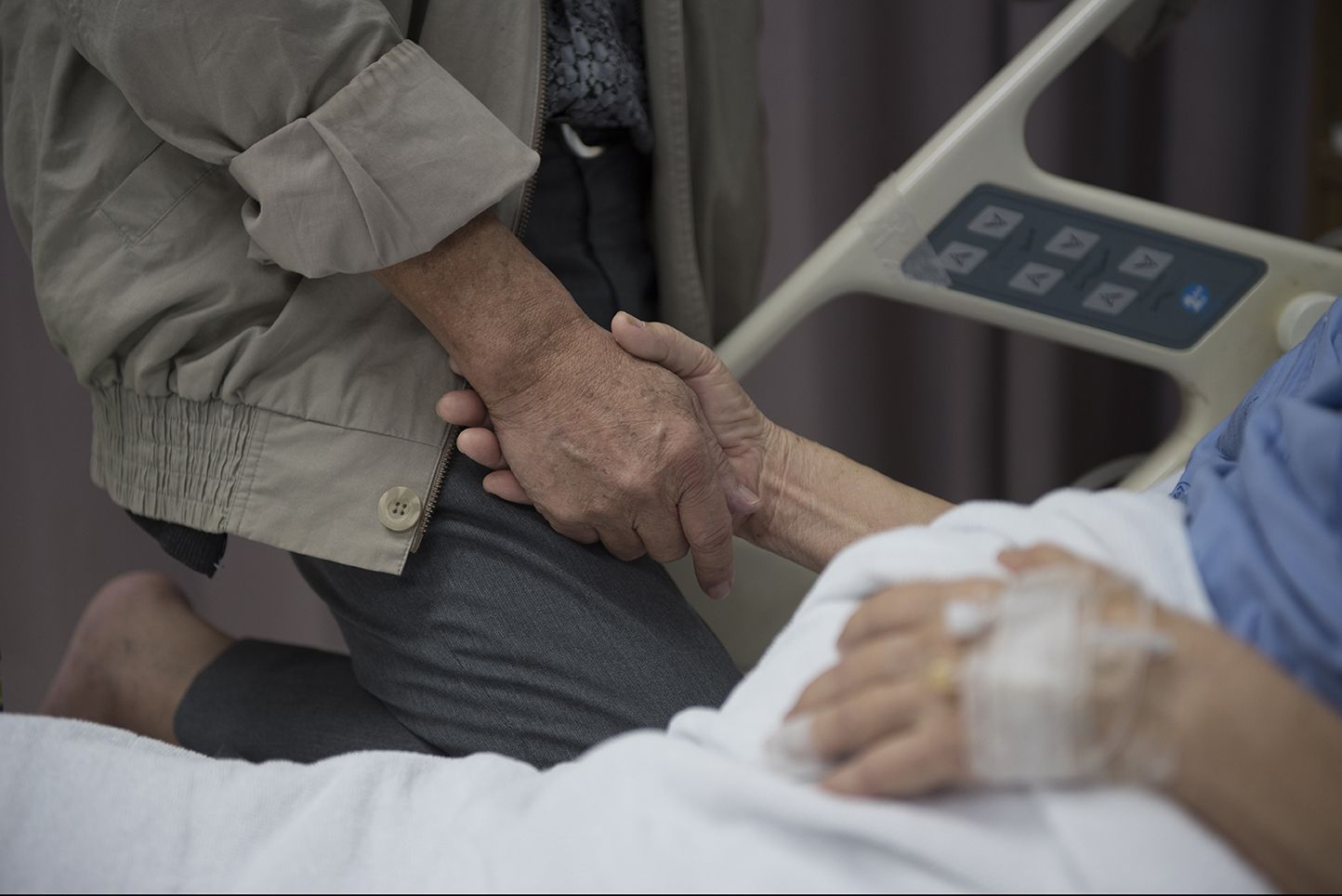5 of the Most Common Reasons Seniors End Up in Emergency Rooms
Senior citizens are among the top visitors of emergency rooms across the country. While it is important to utilize these emergency services when necessary, it is always best to avoid an emergency medical situation whenever possible. Understanding the most common reasons for emergency room visits is important so that you know how to prevent them.
- Falls
On average every 11 seconds a senior citizen is treated in the emergency room for a fall-related injury. This makes falls the #1 cause of non-fatal emergency room visits among Americans 65 and older. The good news is that most falls can be prevented by taking simple precautions. Make sure that your loved one is wearing comfortable, well-fitting shoes, utilizes a cane or walker when necessary, and uses the handrail when walking down stairs. You’ll also want to make sure that trip hazards are eliminated in their environment. - Complications from Medication
Many seniors are on a variety of medications and it is important to be extremely careful when it comes to dosage and possible drug interactions. Taking too much (or too little) of a drug may have disastrous consequences that would be cause for a trip to the ER. Be sure to share all the medications you’re currently taking with any doctor you see to prevent potential negative interactions with new medication. - Heart Disease
Some of the most common symptoms that bring patients into the emergency room are chest pain and shortness of breath - both indicators of heart disease. Heart disease is the leading cause of death in the United States, so it is important to take these symptoms seriously. When in doubt, it’s best to play it safe and get checked out by a medical professional. To prevent heart disease, make sure seniors are eating a healthy diet and getting plenty of exercise. - Dehydration
Seniors are at an increased risk of dehydration for a variety of reasons including diminishing body fluids and decreased thirst. This can have disastrous consequences, especially in the summer months. To avoid this, make sure that your loved one has plenty of water and is staying hydrated. - Diabetes
According to the CDC, approximately 1 in 4 Americans over the age of 65 has some form of diabetes. While it is possible to live a very normal life with diabetes, it’s important to manage your blood sugar levels correctly to avoid a trip to the emergency room. Having diabetes also puts one at a higher risk of related complications like a stroke, heart attack or dehydration.
One of the best ways to prevent emergency room visits is to take advantage of home health care aides. Our experienced team of caregivers will assist your loved one with medications, general household activities and ensure they are well taken care of in their own environment.












